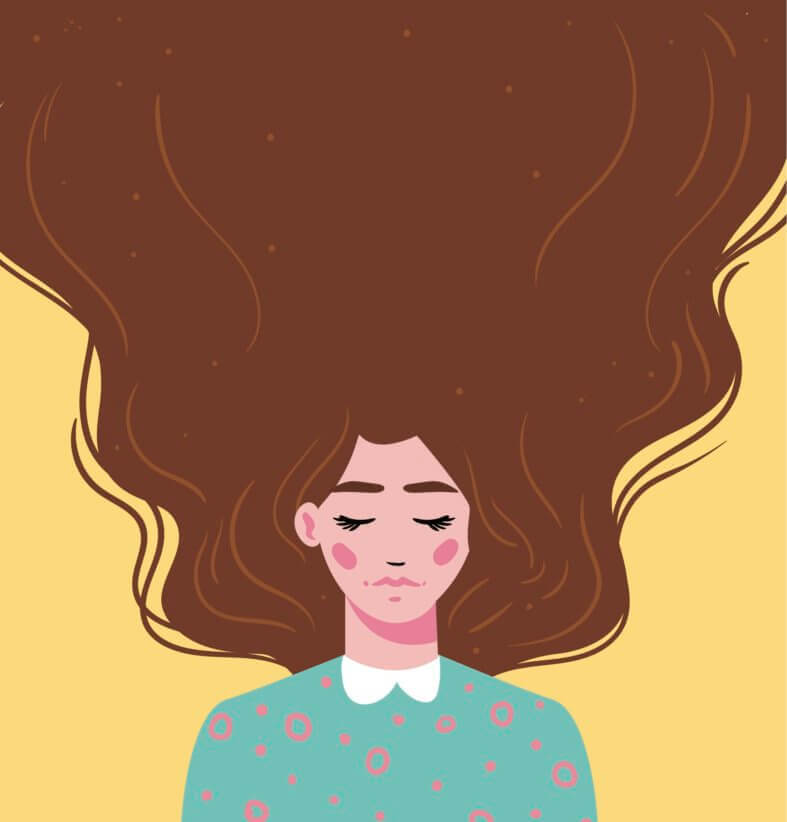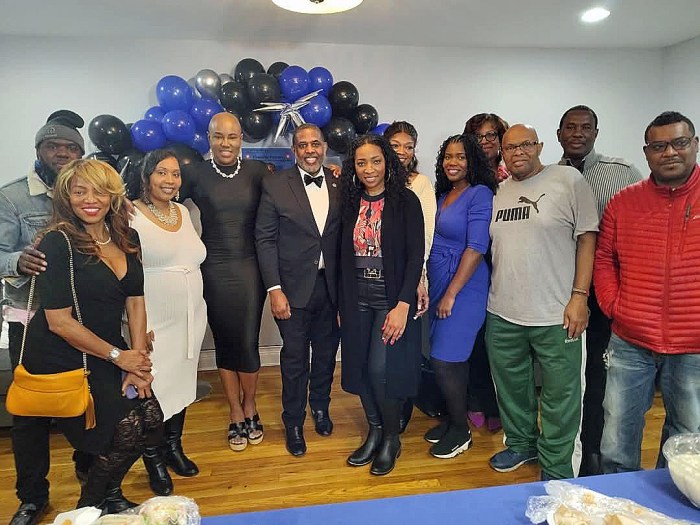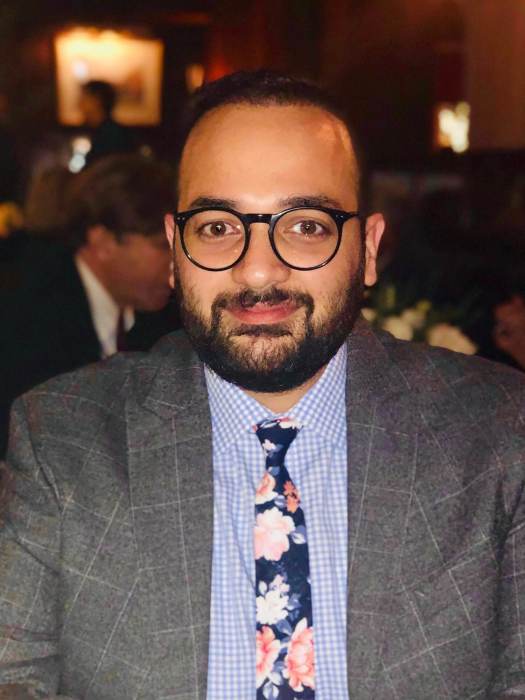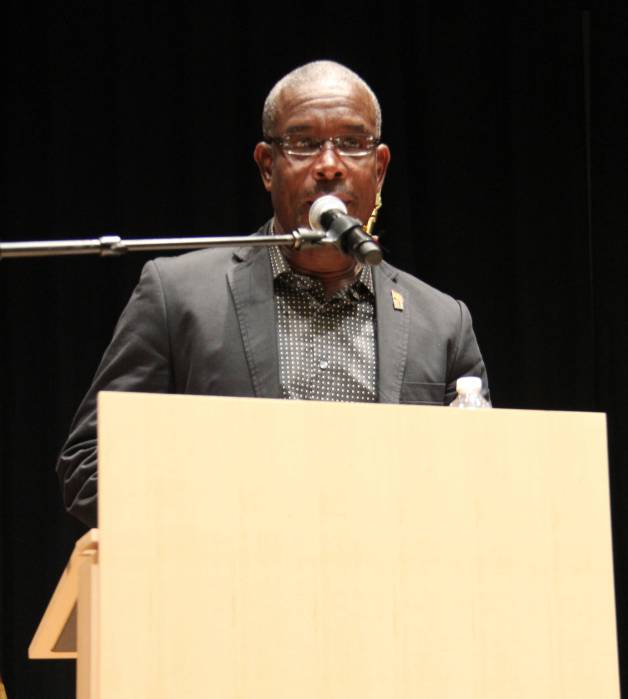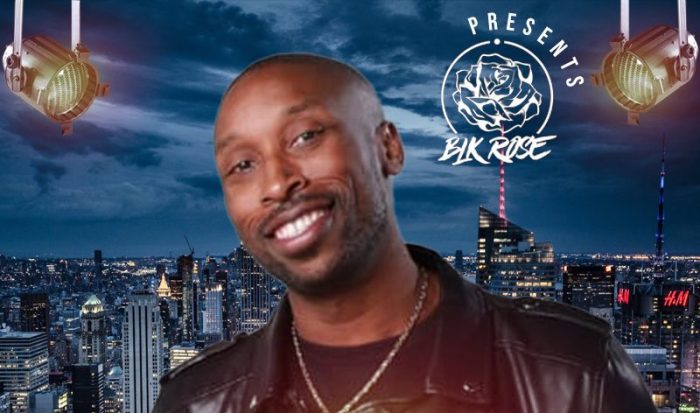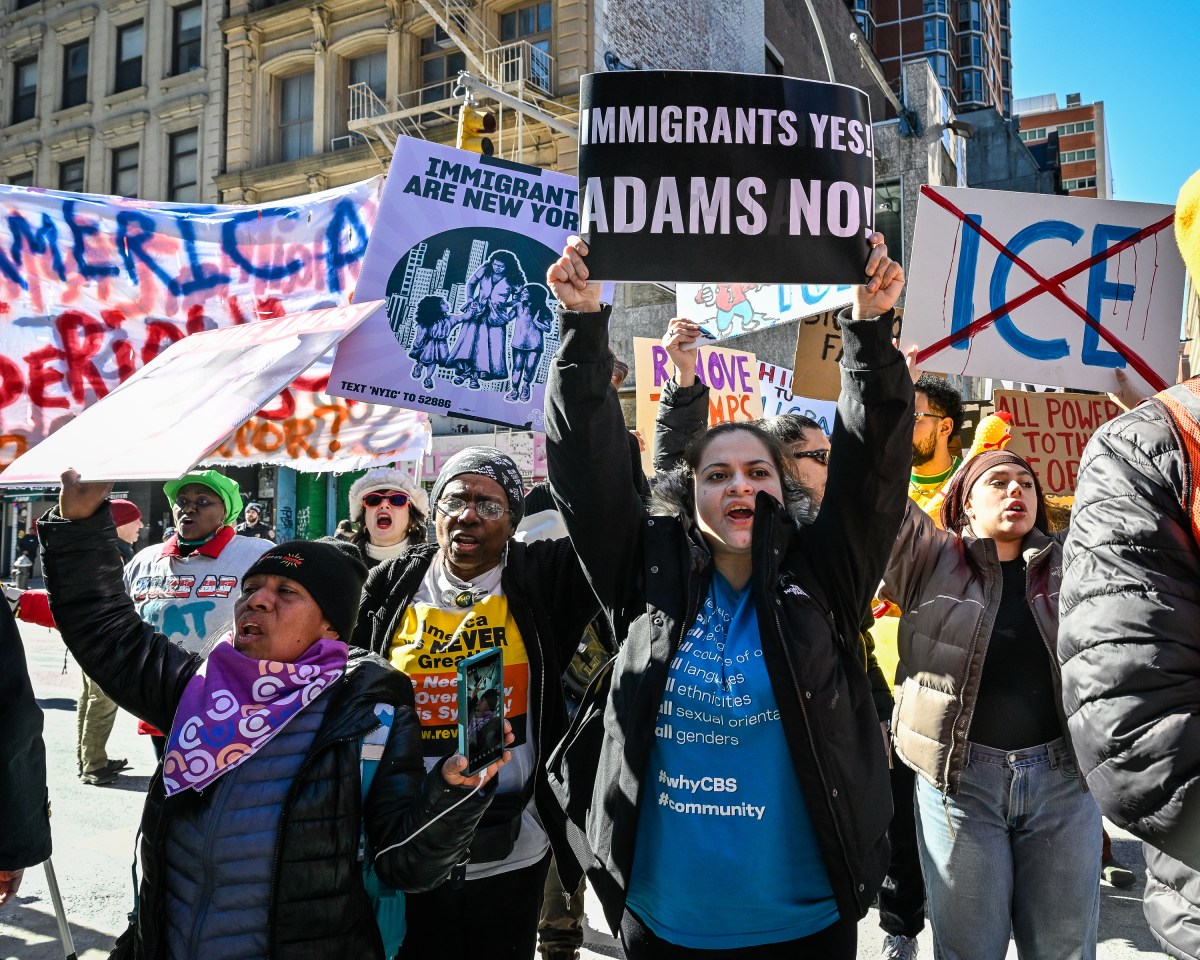Note from the Editors:
The news of Roe v. Wade being reversal has caused a Tsunami of emotions for people worldwide. We know this is a very contentious issue where both sides feel passionate about their view on abortion. Our job is to cover how this will affect women, especially New York women – we will continue to share and post on this issue.
While the Roe v. Wade leak of a possible overturned was a story in itself, it gave lawmakers here in New York an opportunity to prepare for the likely hood, now a reality of it being reversed. Governor Hochul announced a $35 million fund to help reproductive health clinics in New York for the surge of out-of-state patients that will now head to our state for abortions. Women should know that New York has long been a proponent of the right to choose- this state legalized abortion in 1970-this was before Roe vs Wade. While many states are making no exceptions for cases of rape and incest, what do women in New York need to know about this highly controversial decision?
The overturn of Roe v. Wade takes away a woman’s right to abortion from the federal government and gives it to the states to decide. In total, 26 states are certain or likely to ban abortion without the protection of Roe. In fact, 13 states have trigger laws in place that will now go into motion to ban abortion. New York, where approximately 110,360 abortions were obtained in 2020, is not one of these states.
New York is considered a “protected” state, meaning it has strong abortion protections—with restrictions—in place.
New York’s current abortion policy includes:
- New York women are protected for up to 24 weeks. After 24 weeks this is considered special circumstances. The determination of this special circumstance is not made by the state, it is made by a woman’s medical provider.
- State Medicaid funds cover abortion
- Private health insurance plans are required to cover abortion
- Qualified health care professionals, not solely physicians, can provide abortions
- Protections for patients and abortion clinic staff
- Can women come from out of state to New York for an abortion? Yes. And if you wish to support a woman in any way while she is here to have an abortion, you, the doctor, and the facility — are also safe by New York State Laws that were passed in anticipation of Roe vs Wade being overturned.
But since there is no longer constitutional protection for abortion rights, state laws can change at any time. For now, New York State Governor Kathy Hochul has made it clear that New York abortion access will continue within the state, and American women can come here to safely receive abortion services. The governor recently announced a statewide campaign designed to ensure American women know that abortion remains safe, legal and accessible in New York.
“We feared this dark day—but New York did not hesitate to prepare for it,” Hochul said. “The Supreme Court has dealt a crushing blow to all who value the ability to make decisions about their own bodies. Let me be clear: the Supreme Court has failed us, but New York State will not. Our Abortion Access Always campaign builds on efforts to ensure that everyone knows that abortions remain safe, legal, and accessible here. As long as I am Governor, this state will protect you.”
While this is good news for women in need of abortion for health, economic and other reasons, Nadia Lopez, founder of Mott Hall Bridges Academy, a STEAM-focused middle school in Brooklyn, is concerned about possible changes in the future.
“As we have seen with the Justices, who under oath swore they would respect the precedence that Roe v. Wade presents and would uphold its ruling, should we get a governor with governs based on their personal ideology and not based on a woman’s freedom, there will be individuals whose lives that could be in danger, there will be forced pregnancies, and more tragic is our girls will grow up denied a right that was taken away by conservatives who have abused their power and set this country back 50 years,” Lopez said.
Meanwhile, in response to the overturn, Planned Parenthood of Greater New York (PPGNY) increased abortion appointment availability at all 23 health centers by 20%.
“Banning abortion does not take away people’s need to access abortion. We believe all people — no matter where they live — should have the right to control their own bodies, lives and futures,” JoyD. Calloway, interim president and CEO of PPGNY, said. “It is unacceptable that people in some states have been robbed of that right, forced to overcome unjust barriers to access the abortion care they need and deserve.
What Medical Experts Say
While all states seem to provide protections for the mother’s life, there’s a lot of gray area here. Sometimes, even lawyers have to be involved to provide the necessary clearance for an abortion where the fetus isn’t viable and the mother’s life is in immediate danger—as in the case of ectopic pregnancies.
Many legal and medical experts are concerned that anti-abortion legislation language may be vague enough that healthcare professionals may delay care for women with these types of pregnancies.
Rebekah Diamond, MD, an assistant professor of pediatrics at Columbia University, is a doctor concerned about political restrictions being inserted into decisions about maternal and pediatric health. Seasoned and evidence-based medical providers, including obstetric and pediatric doctors who are experts in maternal, infant and child health, staunchly affirm the right for individuals to make medical decisions about their body in concert with their own doctor, Diamond explained.
“It’s unclear exactly how this will affect care in New York State. New York isn’t one of the states where abortion access is immediately threatened,” Diamond said. “But the fact that legislators are legally able to insert politics into medical decisions is a devastating precedent. It may not be right now, and it may not be what we typically view under the lens of “abortion access” right now, but the message is clear— politicians can interfere in medical decision-making and put women’s lives at risk.”
Andrea Ippolito, a maternal health expert and CEO of SimpliFed, underscores Diamond’s sentiments.
Psst…A Brief History of Roe v. Wade and Why Everyone Should Be Concerned: An Advocate Weighs In
“In NYS, we are thankfully not affected yet, but no doubt about it that this will increase maternal mortality in this nation,” Ippolito said. “Abortion is healthcare. Decisions about healthcare should be made by a patient and their clinicians. Those that will be most affected by this decision cannot afford to come up with alternatives to protect their health and safety. Maternal health is already broken in this country and this, unfortunately, will only fuel the maternal mortality crisis plaguing this nation and further increase disparities.”
Cliff Notes on this Issue: as of today where is abortion banned?
Banned without exception for the health of the mother:
Arkansas, Idaho, Mississippi, North Dakota, Oklahoma, South Dakota
Without exceptions for rape:
Arkansas, Kentucky, Louisiana, Missouri, North Dakota, South Dakota, Tennessee, Texas
Without exceptions for incest:
Arkansas, Kentucky, Louisiana, Mississippi, Missouri, North Dakota, South Dakota, Tennessee, Texas
Some organizations that support Women’s Reproductive Rights:
ACLU, Keep our Clinics, The Brigid Alliance, Planned Parenthood, National Women’s Law Center
Large companies expanding abortion benefits:
Apple, Amazon, Chase, Disney, Citi (bank), Starbucks, Netflix, Mastercard, Levis, LYFT, Microsoft, Tesla


